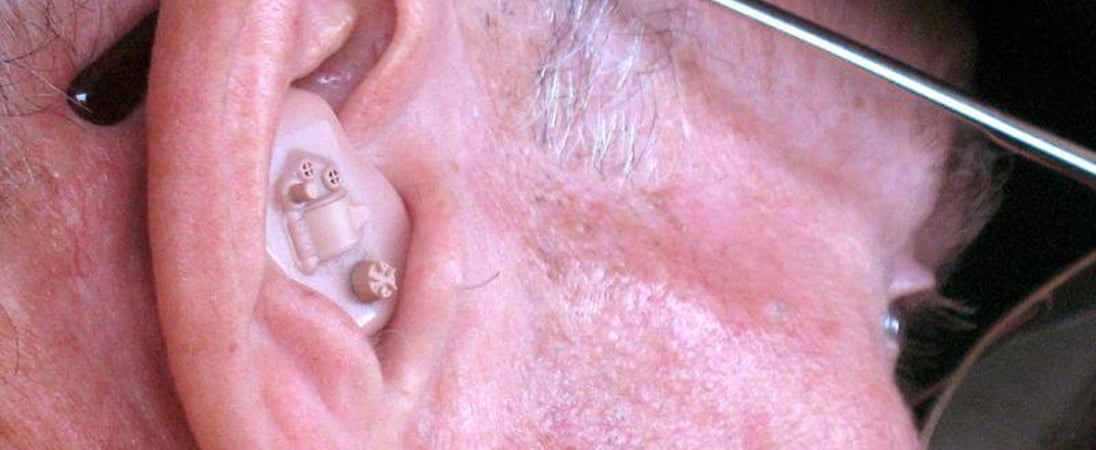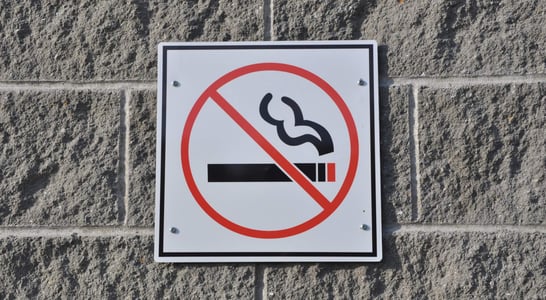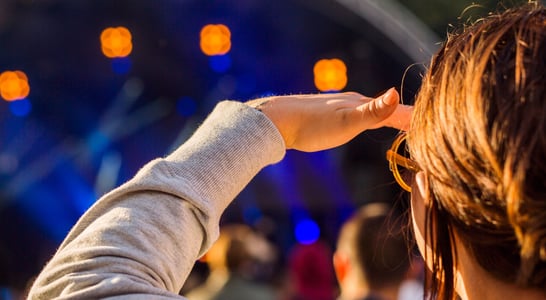
National Save Your Hearing Day
Educate yourself about hearing loss, and start taking steps to prevent or diminish it. Lower the volume on your headphones, use hearing protection at work, etc.
National Save Your Hearing Day is our yearly reminder to turn down the dial and to listen to the birds chirping outside our windows, for a change. Its originator is unknown, but bless our eardrums, he did us a great service, because how would we otherwise have been able to tell teenagers to turn off that noise?
How to Celebrate National Save Your Hearing Day
There are a number of different things that you can do in order to observe National Save Your Hearing Day, incluidng some of these:
Get Educated
One thing that we certainly recommend doing is taking the time to educate yourself about hearing loss and how it can be prevented. A lot of people do not realize that they are causing damage to their ears. This is why it is important to dedicate some time on this date to educating yourself about the different things that can cause hearing loss over time.
Raise Awareness
It is also a good idea to spread the word and educate others. Raising awareness about hearing loss can be one of the best things you do for other people. After all, you do not know who you could reach with this information, and you may actually end up helping someone to prevent hearing loss themselves. There are going to be a lot of articles, infographics, and other forms of shareable content going around on this day, and so it is a good idea to share some of this information with your friends, family, and followers.
Volunteer for a Charity
In addition to this, another way to observe National Save Your Hearing Day is to do your bit for a hearing loss charity of your choice. There are a number of hearing loss charities and organizations around the world that are doing their bit to help those that are hard of hearing have a better life. You can look into the different charities and you can offer to lend your hand. There are so many ways you can do this, from donating money, to spread the word, to volunteering your time.
Help Someone with Hearing Loss
You may decide that you want to do some fundraising for a hearing loss charity. In order to fund raise, you simply need to think of something that is going to get a lot of people involved. Anything from a bake sale to a fun run can work. You can get members of the community together to raise awareness and money towards the cause.
Another option for fundraising is to sell items and donate the proceeds or a percentage of the profit to a hearing loss charity. For example, you may decide to design and sell your own ear muffs and then donate the profits from this.
Take Precaution with Your Hearing
National Save Your Hearing Day is best celebrated in peaceful environments, with earmuffs, if need be! There’s a 60:60 rule that everybody should abide by on this day, which says you should listen to your MP3 at 60% of volume capacity for less than 60 minutes a day. It applies to concerts, as well.
But if you simply couldn’t resist going to a live rock concert without wearing earplugs, then you should know you’ve been exposed to hours of decibel noise, the equivalent of listening to an ambulance siren for hundreds of minutes. A hearing detox consisting of 16 hours of auricular rest would do wonders for your eardrums, so have it on this day, because everybody else is.
Learn About National Save Your Hearing Day
It is vital to take some time to learn about different ways to protect your hearing and your family’s hearing. This is what National Save Your Hearing Day is all about. After all, our hearing is critical, and there are a number of things that we can do to reduce the chances of hearing loss.
There are a number of different signs and symptoms that you can look out for if you are worried that you or someone you love is experiencing hearing loss. This includes the following…
- Needing to concentrate hard in order to hear what other people are saying, which can be stressful and/or tiring
- Watching television or listening to music loudly
- Asking people to repeat themselves
- Having difficulty hearing what other people are saying clearly
- Misunderstanding what others have said
There are a number of different things that you can do in order to prevent hearing loss. This includes the following…
- Take precautions when you are at work. This includes wearing hearing protection, making sure you are not exposed to loud noises for long periods of time, and switching to quieter equipment if possible.
- Protect your hearing when at a loud event. When at a loud event, for example, a sports event or a music gig, you should give your hearing about 18 hours for recovery afterward. You should also try to take a break from the noise every 15 minutes and don’t stand next to the source of the noise, i.e. speakers.
- Avoid loud noises – The best way to protect your hearing is to avoid loud noises. A noise is probably loud enough to cause hearing damage if you have a ringing in your ears after, it hurts your ears, you can’t hear what people are saying nearby, or you need to raise your voice to talk to others.
History of National Save Your Hearing Day
It is estimated that half of the cases of deafness and hearing loss can be prevented. This is why National Save Your Hearing Day has been created. It has been celebrated for a number of years now, and in order to understand National Save Your Hearing Day, it is worth looking at the invention of some of the different products that have been created in order to help people protect their hearing.
The invention of hearing protection has been spurred by military need. However, there have been references to hearing loss since Ancient Greek times. In fact, we know that people with hearing loss were shunned in Ancient Greece. They were called Barbarians by Aristotle because they were not able to speak the Greek language.
In 1864, earplugs were patented. By 1884, canal caps that could be attached to an adjustable headband were invented so that they could protect sailors and soldiers. In 1905, there were attempts to try and reduce the noise of gunfire through the creation of mechanical devices. This resulted in Mallock-Armstrong plugs being used in WW1. In fact, in 1914, disposable earplugs were also patented.
The V-51R were developed for WW2. These were leather flaps that went over the ears. They were designed to protect the crew on board military aircraft. Nevertheless, as jet engines became noiser and noiser, it was realized that something more effective would be needed, and this is when we started to see the earmuffs that we know today being produced.
However, at first, the cushions were incredibly stiff, meaning a strong headband was needed to ensure a seal against the head. This caused a grip that was described as vice-like. This issue was resolved by 1954 when fluid-filled cushions were developed.
Since then, there have been many progressions in the world of hearing protection. Progress has continued towards acceptability and comfort. In the late ‘50s, glass-down appeared, and then in the ‘70s, we saw the introduction of conformable foam plugs. In the ‘80s, non-linear electric systems were incorporated into earmuffs.
Also on ...
View all holidaysNational Smile Day
Turn that frown upside down and give us a grin! Smiling is contagious, and the world could use a little more of it. So flash those pearly whites, spread joy and happiness, and let the good times roll!
World No Tobacco Day
Put your cigarettes away, or set yourself goals and a plan for cutting back or quitting and improving your lung, heart, and even mental health over time.
National Macaroon Day
Put together a macaroon taster set with different varieties from different bakeries, or try making your own or having a macaroon-making competition with friends.
We think you may also like...
Celebration Of Life Month
Stepping away from the hustle — a moment of calm in the midst of the storm — is like hitting a pause button for the soul.
World Tuberculosis Day
Honoring the relentless human spirit in the face of a formidable adversary, a disease that has shaped history and medical progress.
Petite And Proud Day
Be confident in your smaller stature. Petite and Proud Day is an opportunity to show off your good looks and confidence—even if you can’t reach the top shelf.








